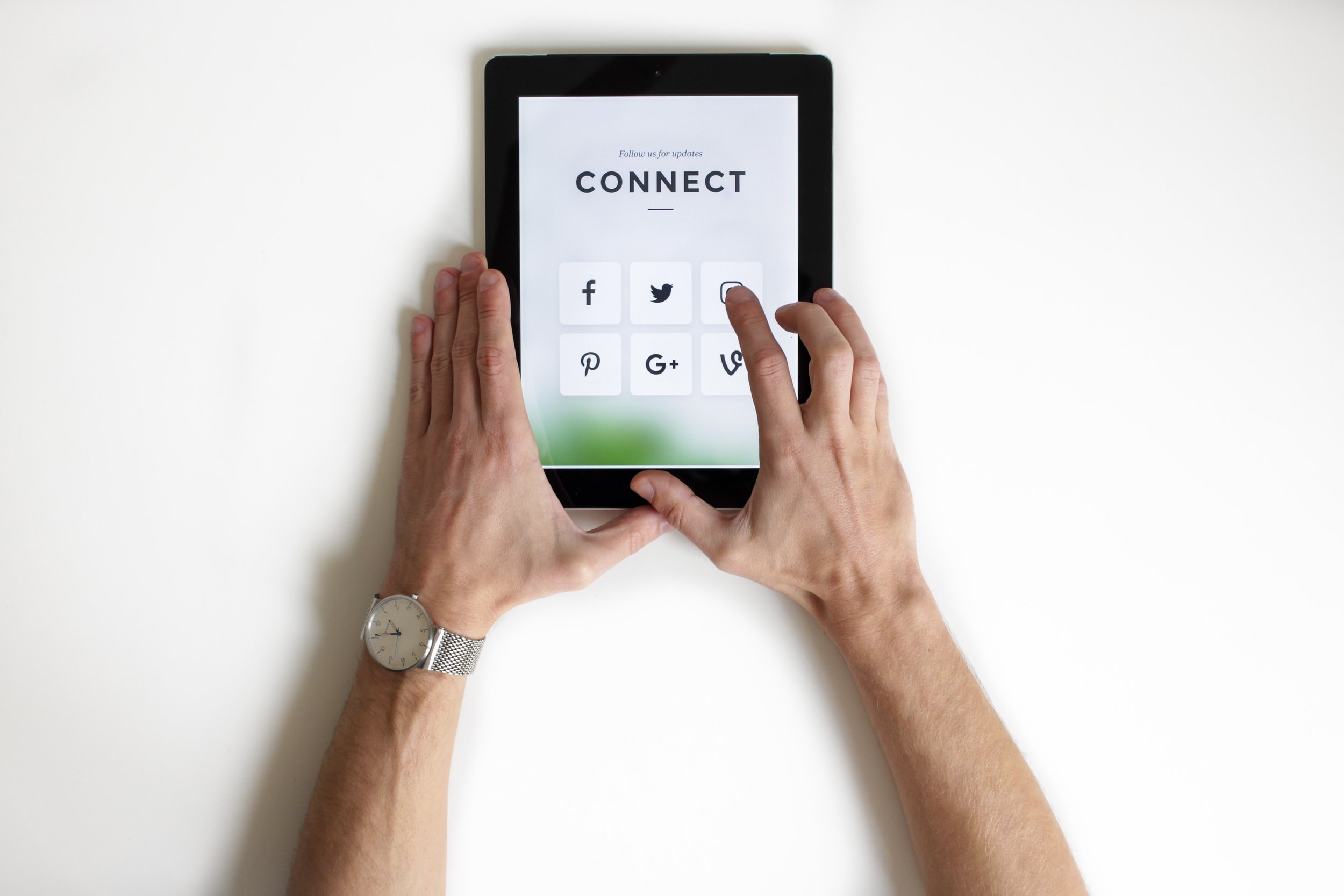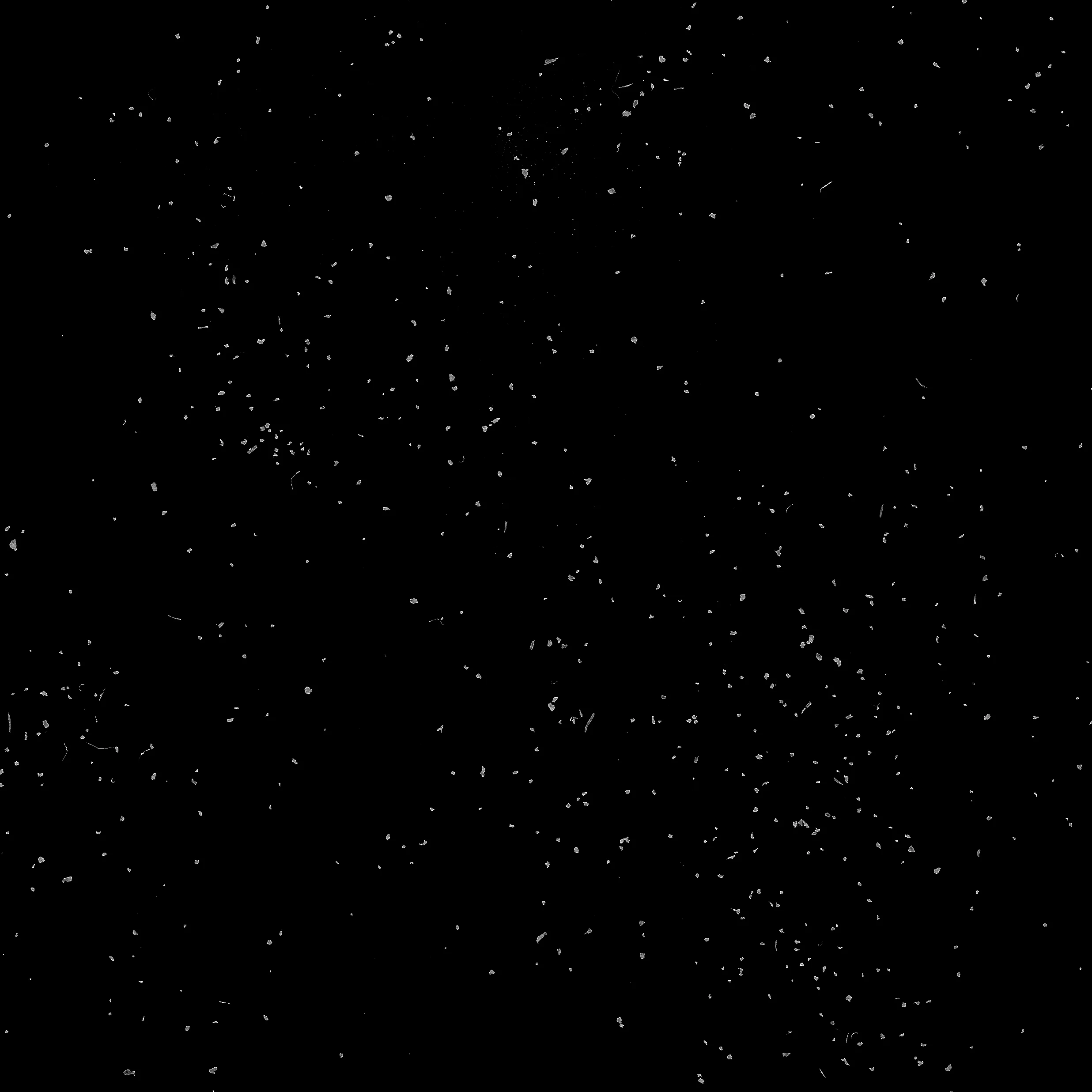Taz Morgan: I’m here with Jeff Harwell. He is our guest this month. We’re centering our theme around social media and technology. With any theme that we are exploring, we don’t just wanna say “Oh, this thing is all bad. Or this thing is all good.” We are interested in the nuances. This is a huge topic that we are trying to grapple with, but we’re interested in how both social media and technology in general are impacting our lives and our client’s lives. In prepping for this interview, I was thinking through episodes of Black Mirror that I’ve watched. [Laughs]. But why don’t you, Jeff, start with telling us about what you do for work?
Jeff Harwell: I’m the Chief Technology Officer at Fuller Theological Seminary…I’ve been in that role for about two years. Prior to that, I was the IT Director. I’ve been at Fuller since 2003 in various capacities within the IT Department. My undergraduate degree is in Engineering Physics and that’s when I got into computers.
I love to build things…I think the reason I ended up in management is because I love to build systems, build processes, build organizations. There’s magic if you can get people working together, believing in a cause and when all the piece are in place…it’s amazing.
[Edited out video due to tech issues with the sound!]
Taz: I want to switch gears a little bit and talk about how your role as a parent has impacted your understanding of technology, in general, and social media, specifically. I think a lot of the news stories I read too [about social media] are about teens and “digital natives.” Yeah, I think a lot more therapists are seeing [considering the implications of] social media being part of a teen’s life. I know a lot of…or I feel like I’ve read that a lot of teens….their dream job now is to be a YouTube star or to be a vlogger. What are your thoughts on all of this? (Laughs).
Jeff: I’m gonna throw a couple of things at you and then we’ll see if they cohere at all. And my soon-to-be teenage daughter is sitting here on the couch. I’ll be telling her…I’ll give her all my secrets. I think, oh,…she’s got headphones on, and she’s watching YouTube, so… (Laughs). But probably listening….
…I’m an adoptive parent. And I think one of the things that…being an adoptive parent does, especially being international when you adopt, when they’re older, it drives home the point that you’re not in control. As much as we want to be in control, as much as we feel like…I think there can be an illusion of control in a lot of ways in parenting…we’re not in control. (Laughs).
One of the really interesting effects of technology…and you see this facet of technology is driving a lot of [technology] adoption, like widely-used technology is so big in the financial industry because of this fact. Technology makes…you can make everything auditable. So, your phone knows where you, it knows every interaction you make, every email, every text, every place you visit, how many steps you take. I’ve got my FitBit. It knows what I eat; it knows when I sleep. All that information is going off to the cloud somewhere. In theory, if someone put the data stream together, they would know everything I do. Everything I read. Everywhere I go. Everything I eat. When I get up. When I go to bed.
Taz: And who are the people that you talk to the most. Yeah, it’s all trackable.
Jeff: And then once you combine other people’s phones, you know who I’m with; when I’m with them. So, that is incredibly alluring. We won’t get into the privacy debate or the Orwellian aspects of this. There’s a lot that is very concerning. And you combine that with big data.…and the kinds of things that you can learn from correlating things together can be very surprising and unnerving. But to the case in point, so, my daughter has an iPad. We live in L.A., so it’s not like she goes out and plays because (laughs) you know…somehow getting hit by a car is the least terrifying thing I can imagine. So, she’s either in the house with an adult, or she’s at school, or she’s at some structured social event. That’s how we roll in Los Angeles. Now, I can see all her interactions.





















